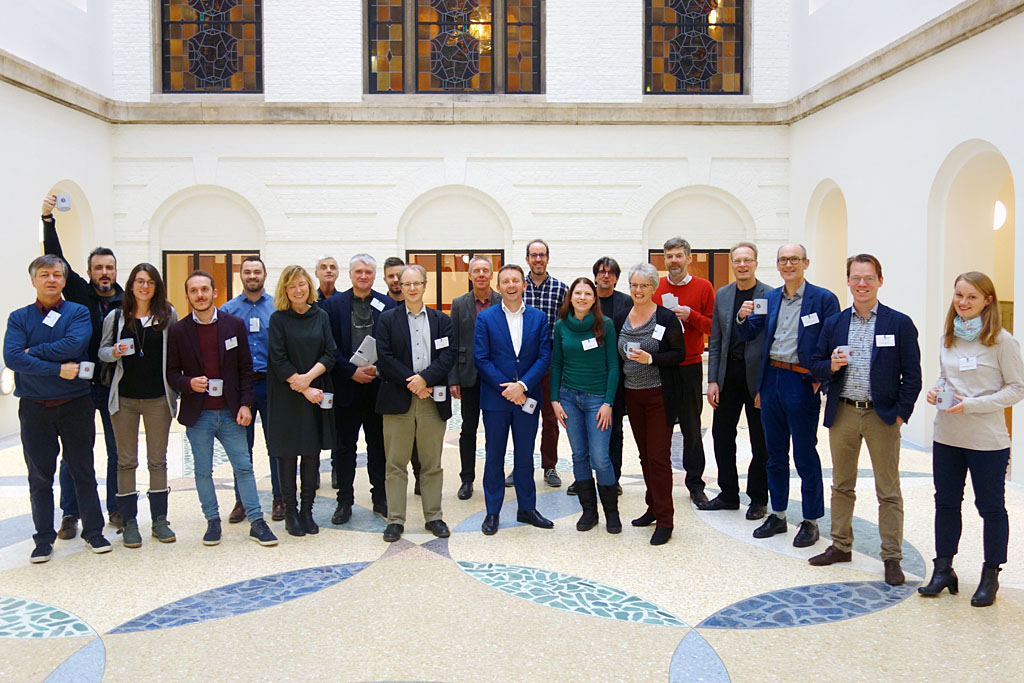Increasing land take affects the environment in various (often negative) ways. At present, there are no EU-level policies specifically promoting sustainable land-use, however, spatial planning can contribute to a more sustainable use of land by finding a balanced trade-off between various social, economic and environmental needs. The ESPON SUPER project aims to “provide evidence, recommendations and measures on how sustainable land use can be promoted and how land-take and urban sprawl can be avoided, reduced and compensated in Europe.
Even if there are no EU-level policies promoting sustainable land-use, it seems obvious that other policies (e.g. territorial cohesion policy and specific sectoral policies) influence urban sprawl and land-take in a more or less sustainable way. The European influence on land use is rather complex, varies across regions and is in many cases not even intended but a by-product of different actions. In order to identify the impacts of the most relevant EU policies ÖIR conducted territorial impact assessments (TIA) by using the ESPON TIA Quick Check, analysed in detail 59 EU-policies and conducted Case Studies in Austria and Switzerland.





